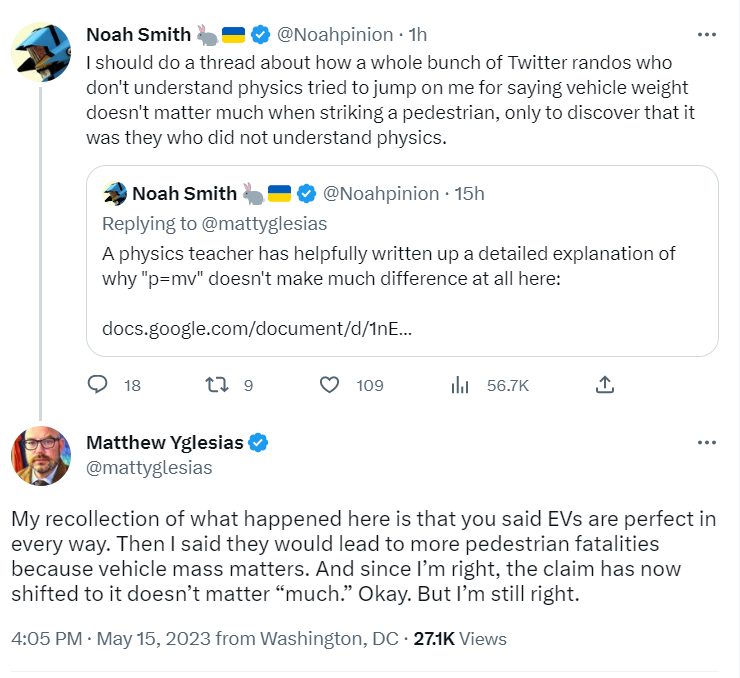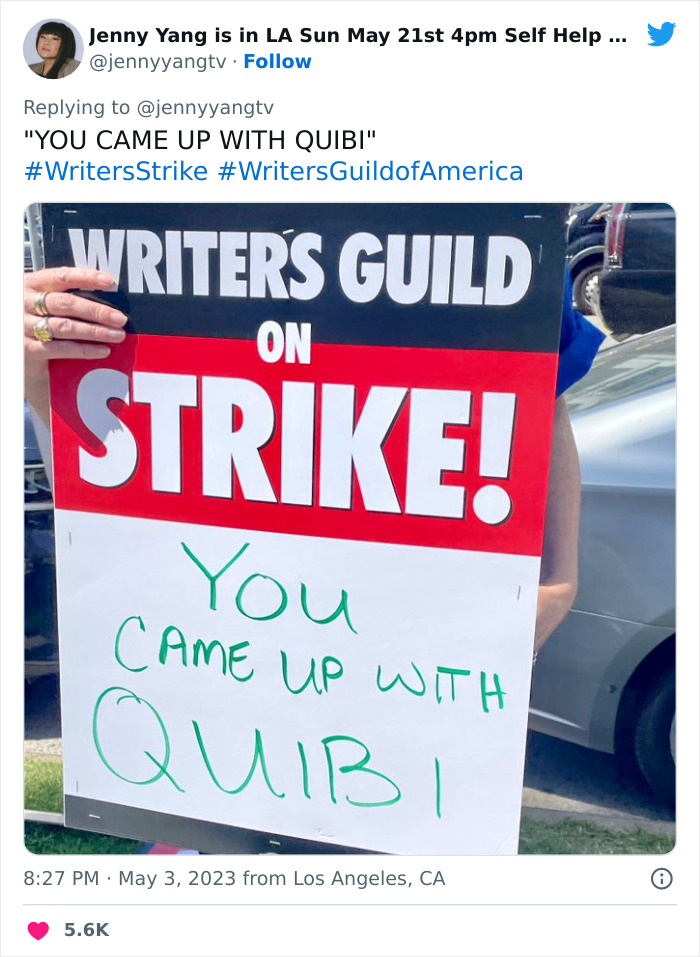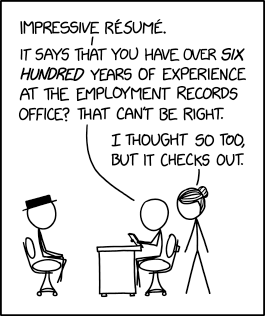A bit of context to keep in mind...
Elon Musk is a narcissist with explicitly Messianic delusions. He often talks about his love of humanity using those very words and constantly frames himself as its savior. Like most narcissists, Musk is easily manipulated and tends to define good and evil in terms of how things affect him.
Soros dumped his Tesla stock. So now Musk is spreading antisemitic filth about Soros. https://t.co/KJdhbZspsz
— Joe Conason (@JoeConason) May 16, 2023
This wasn't as much of a problem when his followers tended to be mainly space fans and well-meaning but ill informed people who saw him as an environmental hero, though even then there was a substantial gamergate adjacent faction there. Now, though, he has almost completely surrounded himself with alt-right sycophants who are skillfully playing to his worst instincts.
Since buying Twitter, Musk has reinstated neo-Nazis, antisemites like David Icke, & countless white nationalists. All while suspending journalists & anti-fascists.
— Elad Nehorai (@EladNehorai) May 16, 2023
Now he goes after George Soros (again). This time with the trope of a rich Jew trying to destroy civilization. pic.twitter.com/aJtDKzz7xb
Musk has also started amplifying neo-nazi conspiracy theories.Musk attacks ADL for saying his anti-Soros tweets will embolden antisemites https://t.co/J9rTWG7H5X via @timesofisrael
— Josh Marshall (@joshtpm) May 17, 2023
Musk doubles down on his claims that there's no evidence the Allen, Texas mall shooter had white supremacist beliefs, and that @bellingcat "does psy-ops" professionally. pic.twitter.com/60yvbbspYZ
— nikki mccann ramírez (@NikkiMcR) May 16, 2023
And white grievance in general.
Elon just going full Mask Off tonight. I mean, good lord. https://t.co/DtNEUNeUq3 pic.twitter.com/RkYbfLUtDk
— Centrism Fan Acct 🔹 (@Wilson__Valdez) May 16, 2023
While the people around him are certainly having an influence, the man did come into this primed for a right-wing message. Tesla has been sued for racial harassment. Musk personally has been sued for sexual harassment, and we won't even get into the creepy borderline eugenics stuff. The signs have been there for a long time.
We'll leave the last word to Inigo Montoya.
I do not think it means what you think it means. https://t.co/LPtzkB6L6p
— Mandy Patinkin (@PatinkinMandy) May 17, 2023





